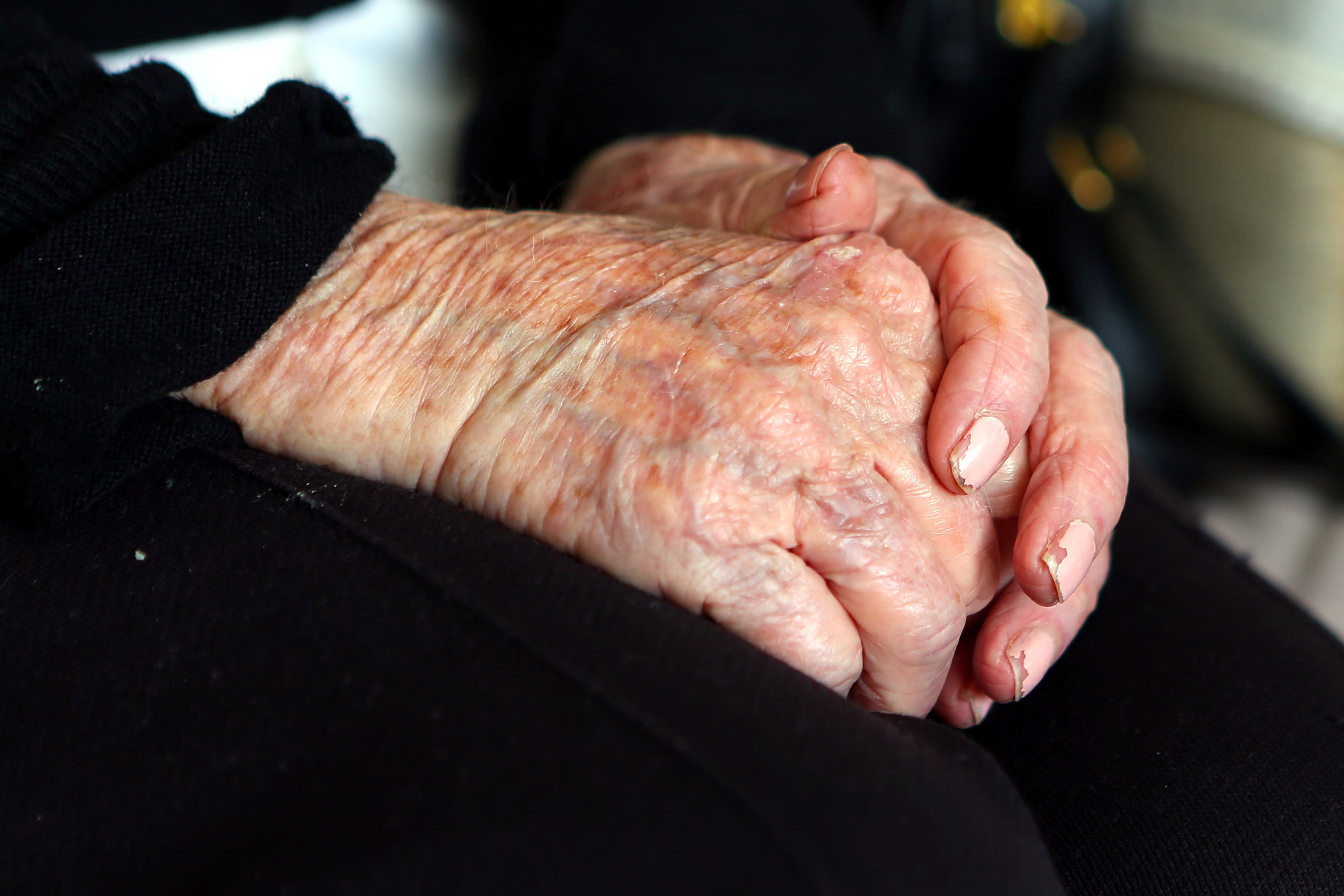Campaigners urge swift pensions compensation as women ‘cannot wait any longer’
A report found the Government failed to adequately communicate changes to women’s state pension age and that thousands may have been impacted.

Women who lost out when the state pension age changed cannot afford to wait much longer for compensation, campaigners said as they acknowledged that for some it was “already too late”.
Age UK accused the Government of “seemingly endlessly dragging its feet in situations when there have been clear findings of fault”, and compared the situation to concerns around the Windrush Compensation Scheme and the Post Office and Contaminated Blood scandals.
Chairwoman of Women Against State Pension Inequality (Waspi), Angela Madden, branded it “simply unbelievable” that to date the Department for Work and Pensions (DWP) had not acknowledged its failings, nor put things right for those affected.
All parties owe it to the women affected to make a clear and unambiguous commitment to compensation
She said: “One of the affected women is dying every 13 minutes, and we just cannot afford to wait any longer.”
With the publication of the Parliamentary and Health Service Ombudsman (PHSO) report into the matter on Thursday, Ms Madden said “all parties owe it to the women affected to make a clear and unambiguous commitment to compensation”.
The report found that the DWP failed to adequately communicate changes to women’s state pension age and said thousands of women may have been impacted.
Ms Madden called on MPs “to do justice to all the 3.6 million women affected”, stating that Level 6 compensation – of at least £10,000 – would “clearly and reasonably” recognise the injustice and loss of opportunities suffered.
The Waspi women have waited for far too long already and it is unjust for their redress to be delayed any longer
She added: “We are now looking to those who have supported us over the years to put their money where their mouth is and back us on a proper compensation package.
“All the parties are now in the spotlight, with Waspi women watching and waiting to see how they should best use their votes in the coming general election.”
Caroline Abrahams, charity director at Age UK, urged the Government to “get on with swiftly implementing his recommendations and fairly compensating all those impacted who are still alive – for some sadly it is already too late”.
She added: “It is astonishing that the ombudsman is saying that he does not expect the Department for Work and Pensions to act on his report and is calling on Parliament to intervene.
These millions of women worked, cared for families, and supported communities all their lives. They deserve the dignity of fast compensation
“The Waspi women have waited for far too long already and it is unjust for their redress to be delayed any longer.”
The State Pension Inequality for Women APPG (All-Party Parliamentary Group) previously recommended to the PHSO in 2022 that compensation in line with Level 6 injustice must be agreed by Parliament.
The APPG’s vice-chairman, Conservative MP Peter Aldous, said: “These millions of women worked, cared for families, and supported communities all their lives. They deserve the dignity of fast compensation.”
He said the campaign for justice “goes on until Parliament reaches the right conclusion”.
Labour MP Rebecca Long Bailey, the APPG’s vice-chairwoman, urged the Government to “right this historic wrong”, saying “too many have already died waiting for justice”.
It’s only right the thousands of women left in dire financial straits are given compensation now. This has all taken far too long
She added that the Government should “go beyond the recommendations of the Parliamentary and Health Service Ombudsman and deliver fair compensation to these women as a matter of urgency”.
The ombudsman’s report stated that compensating all women born in the 1950s at the Level 4 range – £1,000 to £2,950 – would involve spending between around £3.5 billion and £10.5 billion of public funds.
Unison general secretary Christina McAnea said the rise in the state pension age had been “catastrophic for a whole generation of women” and “left their retirement plans in tatters”.
She added: “It’s only right the thousands of women left in dire financial straits are given compensation now. This has all taken far too long.”
Bookmark popover
Removed from bookmarks